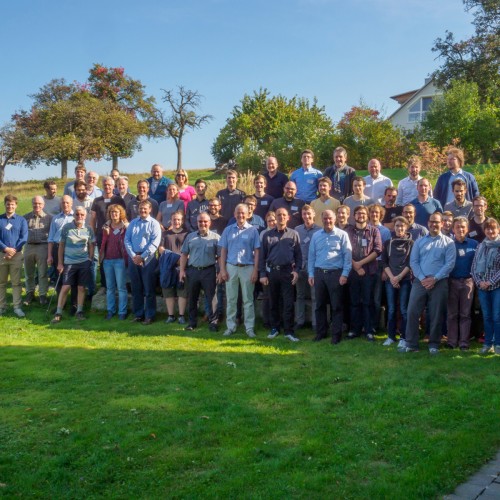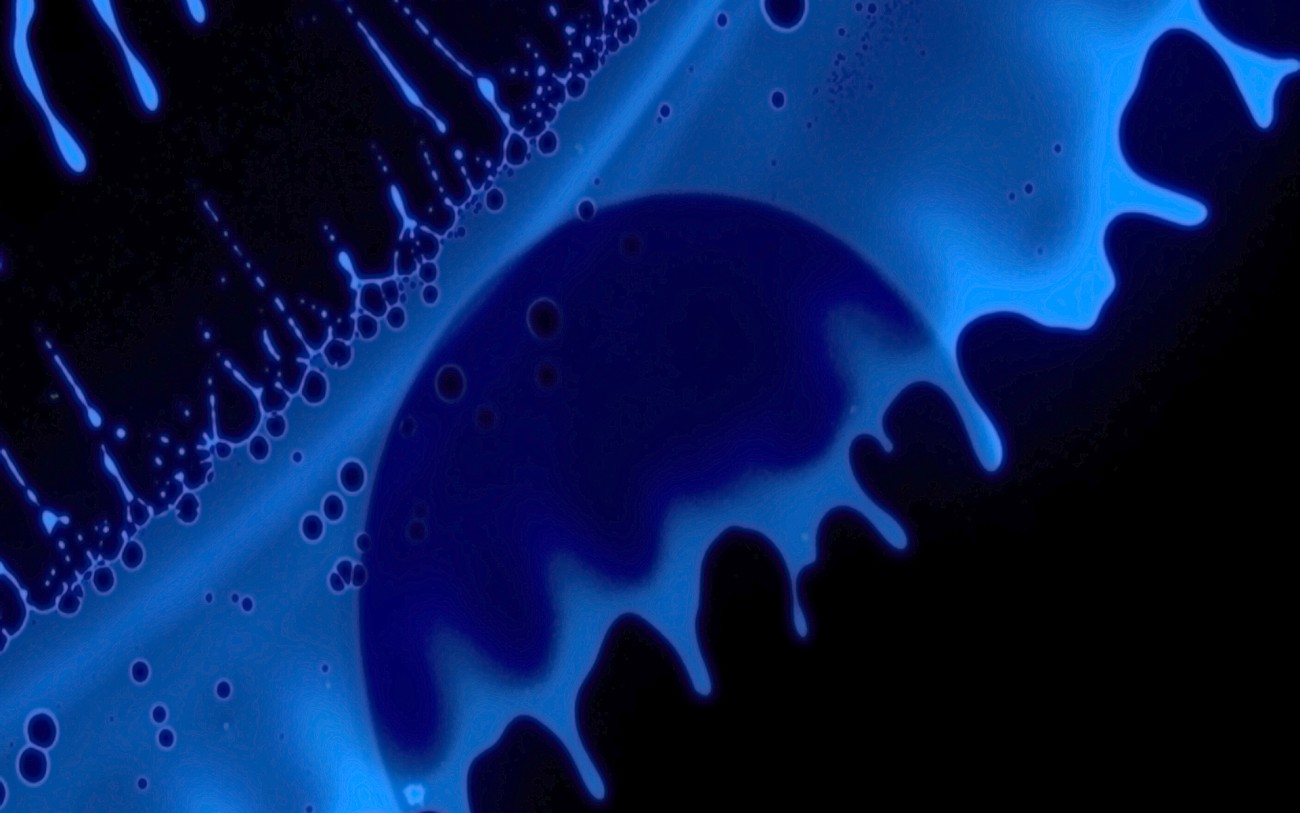Talk by Prof. Bothe at “E+E Diskurs” (16 November 2023)
Further information on the E+E Diskurs event can be found on the website of the Research Field Energy and Environment.
The CRC in a 2-minute video
The CRC 1194 in a few words
What happens when surfaces are printed and coated with different liquids? What processes occur when a liquid meets a solid? How do wetting and dewetting depend on the local momentum, heat and mass transport processes? The underlying mechanisms of the interaction between these processes have to a large extent not been understood to date and are the focus of the Collaborative Research Centre (CRC) 1194. Although the physical phenomena take place only in a range of nanometres or micrometres, they often determine the efficiency of the overall process and the resulting product quality.

The team
The CRC 1194 teams up more than 40 researchers: Engineers, mathematicians, natural scientists and computer experts.


